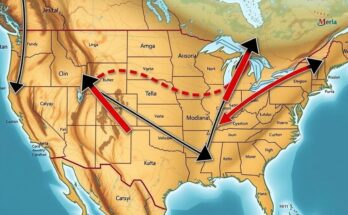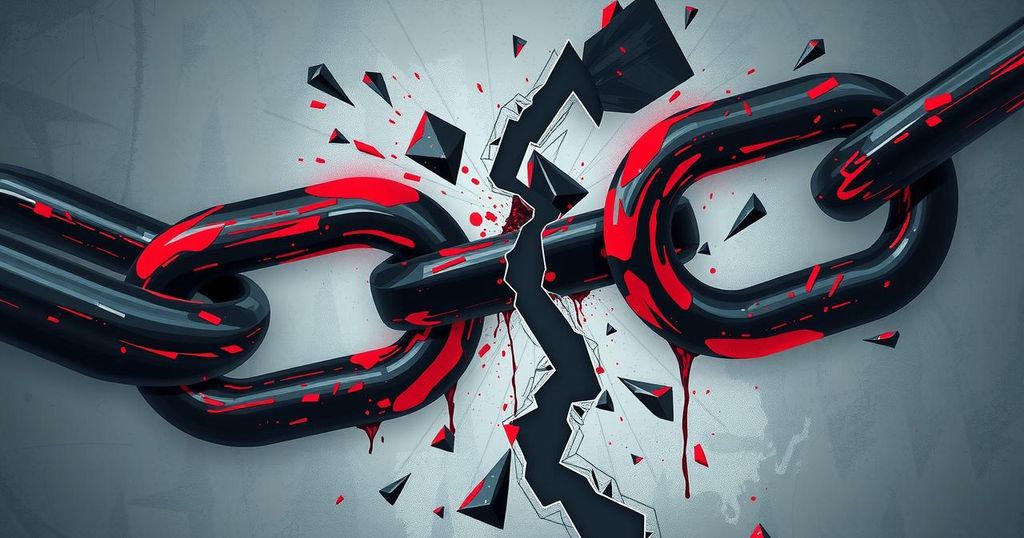Iran’s Foreign Minister announced that the fourth round of indirect nuclear talks with the US will take place in Rome on Saturday. These discussions aim to revive the Joint Comprehensive Plan of Action (JCPOA) and address US sanctions. Preceding the meeting, Iran will consult with the E3 nations on Friday. While the role of the IAEA is currently minimal, it may become significant if an agreement is reached. The diplomatic process continues amidst ongoing tensions and sanctions.
Tehran has confirmed that the fourth round of indirect nuclear talks involving Iran and the United States is set to take place in Rome this Saturday. Iranian Foreign Minister Seyed Abbas Araghchi announced the date during a press conference following a Cabinet meeting in Tehran on Wednesday, indicating that the discussions would be mediated by Oman and focus on Tehran’s nuclear program and US sanctions.
Araghchi explained that Oman, which is hosting the talks, opted for Rome due to technical and logistical considerations. However, he specified that the choice of location is not significant for Iran. He stated, “Of importance to us are the contents of the negotiations and the mediator.”
The upcoming meeting in Rome aims to revive the nuclear accord known as the Joint Comprehensive Plan of Action (JCPOA) and to facilitate the lifting of US-imposed sanctions on Iran. Before the Rome discussions, Iranian officials will meet with the three European signatories of the 2015 nuclear agreement — the UK, France, and Germany — on Friday to outline their positions.
Acknowledging the diminished influence of the E3 nations, largely due to their alignment with US policy, Araghchi reiterated Iran’s commitment to engaging with these European nations. He also addressed US actions, criticizing the imposition of additional sanctions despite ongoing discussions, stating that this would undoubtedly send a negative signal.
Furthermore, Araghchi pointed out that the International Atomic Energy Agency (IAEA) is not currently involved in the negotiations but could have a significant role if an agreement is successfully brokered. He emphasized that while timeline specifics for the talks remain undecided, Iran is not inclined toward prolonged negotiations nor willing to waste time.
The series of indirect negotiations has seen previous rounds held in Oman, with the initial and third rounds occurring in Muscat and the second in Rome. The Iranian Foreign Minister and US Special Envoy to the Middle East, Steve Witkoff, are leading these discussions, which commenced on April 12.
As this diplomatic engagement unfolds, the international community continues to watch closely, particularly considering the complex interplay of regional geopolitics.
In summary, Iran and the US are preparing for their fourth round of indirect talks in Rome, mediated by Oman, as both nations aim to revive the nuclear deal. The discussions will not only tackle Tehran’s nuclear ambitions but also address the impact of US sanctions, with points of contention already surfacing. The outcome of this meeting remains uncertain, but the diplomatic push is ongoing amidst an intricate backdrop of international relations and pressures from various stakeholders in the negotiations.
Original Source: www.ndtv.com




